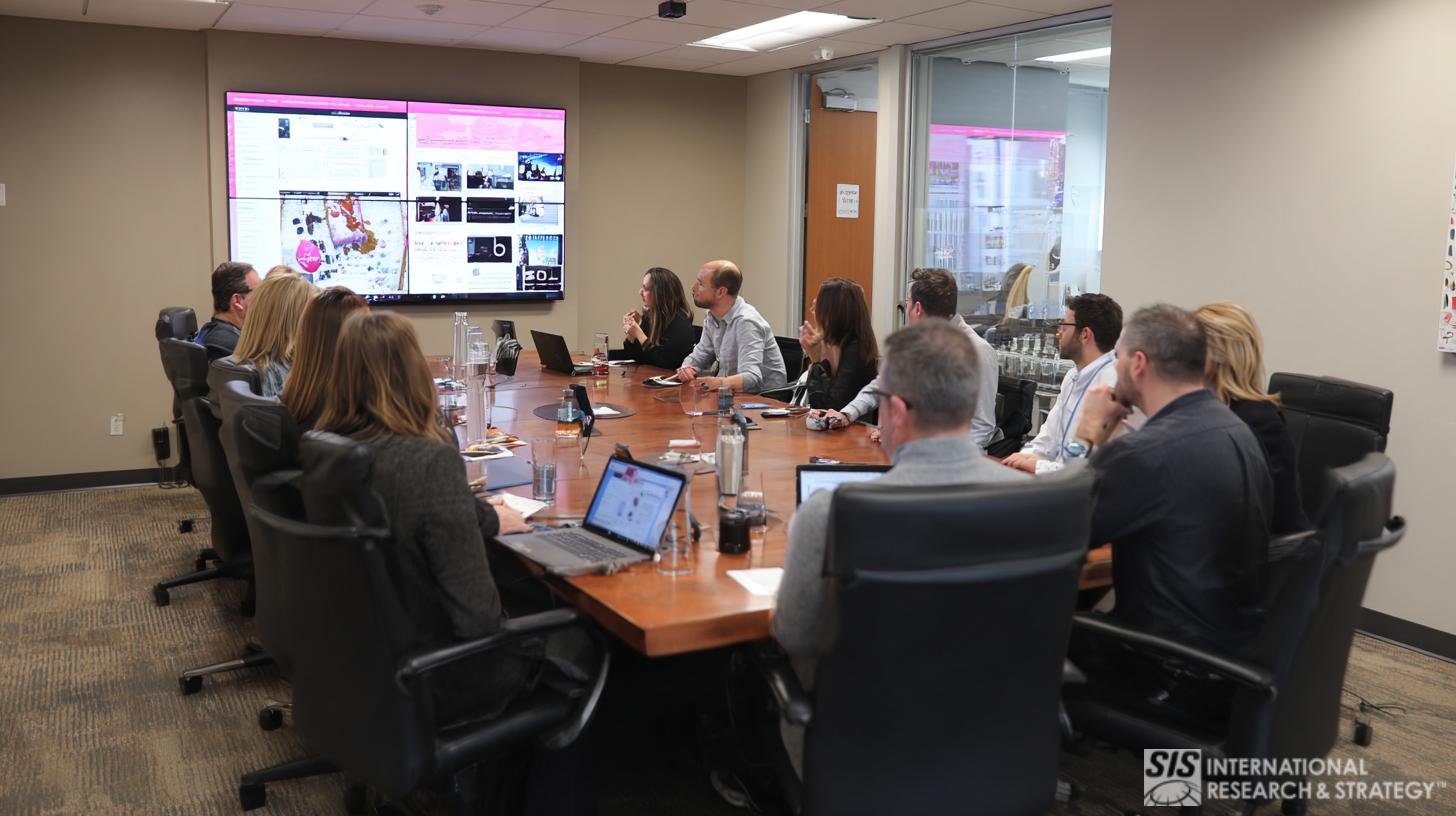
One of the most daunting challenges in today’s global economy is the “Talent crunch” and challenges in scouting, recruiting, and growing talented people in your firm. Ageing societies are struggling to find qualified people to run complex and high-technology processes.
Attracting and retaining talent can mean the difference between success and failure in today’s fast-paced global economy. Significant trends are impacting HR management functions, including the rise of Artificial Intelligence, Data Science, Automation and Algorithms.
Het belang van talentmanagement
Talentmanagement is om de volgende redenen belangrijk:
- The HR function is considered strategic by more and more companies.
- HR-professionals zijn er nog steeds van overtuigd dat hun personeelsbestand niet voldoende is voorbereid op de toekomstplannen van hun bedrijf.
- HR management has embraced software and management tools but many companies use manual tools and processes.
- Technology-enabled automation of discrete talent functions is providing significant opportunities for cost containment.
- Cross-functional HR metrics leveraging workforce analytics can provide an advantage.
- Millennials wisselen vaker van baan, waardoor het werven van talent en het behouden van personeel cruciaal zijn
- Het meten en beheren van statistieken, prestatie-indicatoren en personeelsanalyses worden steeds belangrijker.
Talentwerving
A robust Talent Management function within a company hires beyond the traditional model of looking only at skills; instead, they hire by “talent.” Focusing on defining the talent needed to reach organizational goals and building a plan to make certain you have the talent available are the crucial first step in a robust TM function.
Hun aanpak gaat verder dan een externe benadering. Managers moeten hun eigen talenten kunnen kennen, wat veel introspectie vereist. Een veilige leider heeft geen probleem met het aannemen van mensen die beter zijn dan zijzelf.
As part of a company’s long-term Talent Management procedures, much of the scouting process involves getting both managers and members of Generation Y on board. Generation Y has fundamentally different objectives in their behavior, outlook and interaction in the workplace. Generation Y, as a baby boom generation, is widely considered one of the most important generations in advancing a rapidly ageing workforce.
Generatie Y integreren op de werkvloer
SIS has built a model that proactively integrates very talented members of Generation Y in creative development, strategic planning and research. Essentially, the goal is to harness both the strengths of older and younger generations, while minimizing the intergenerational tensions that often arise in corporate settings.
Embracing Generation Y is one possible method. For example, at SIS, managers fully embrace the youth. We provide them with an uncommon opportunity for experience and confidence to allow them the opportunity to thrive. And through their perspectives, we have considered many new initiatives that have continued to our success, our commitment to innovation and ability to provide high degrees of client value. But, what works in our company may not work in others. It is a matter of striking the right balance between strategy and culture.
Making Your HR Function More Strategic
The Talent Management function certainly considers necessary skills and the candidates’ ability to grow their skills, applying them to core business processes and leading change. Talent Managers analyze the candidate’s ability to fit within the corporate culture, viewing corporate culture as a valuable competitive advantage. For certain companies, integrity, responsibility and character are important in ensuring that the company’s long-term interests will be fulfilled. For example, many financial services firms look to ensure that their new talent are group-oriented to minimize self-serving behavior that could potentially endanger their firms.
Aligning talent with corporate culture is not fluffy marketing jargon. A strong corporate culture with employees on board contributes to strong competitive advantages in companies like Southwest and Apple.
In bedrijven met rigide organisatiestructuren kunnen er vaak aanzienlijke aantallen getalenteerde mensen zijn. Maar wanneer getalenteerde professionals zich niet gewaardeerd, gerespecteerd voelen of niet voldoende vrijheid voelen om creatieve ideeën te bedenken en te implementeren.
Waarde meten in talentmanagement
Veel bedrijven streven ernaar om omgevingen te creëren die robuuste relaties met talentacquisities cultiveren. Dit komt door de enorme waarde van het talent in de bedrijfsvoering en de concurrentie die kan ontstaan als de talentacquisitie niet wordt bevredigd. Bedrijven willen er ook voor zorgen dat hun talent zal floreren, zelfs als de bedrijfscultuur rigide is. Veel bedrijven denken dat de beste manier om dit te doen is door voor hun getalenteerde personeel een netwerk van robuuste relaties te creëren op basis van waarheid, betrouwbaarheid en vertrouwen.
Bedrijven kunnen nu geïntegreerde complexe kennisdelingsintranetten gebruiken om hun werknemers in contact te brengen met getalenteerde experts in het hele bedrijf om onmiddellijk technische kennis van hoog niveau te verspreiden. De boodschap hier is het implementeren van processen die het bedrijf in staat stellen om onmiddellijk hun talent benutten en benutten.
A long-term perspective
Talent Management is a long-term process, with three potential ways to continually cultivate their talent:
- Omscholen – mensen moeten omscholen en ervoor zorgen dat ze de juiste middelen hebben om de taken uit te voeren
- Herpositioneren – do not discard antiquated talent, but help reposition them periodically according to their strengths within the company
- Met pensioen gaan – plan with your staff their retirements and futures to build goodwill and loyalty
Over Talent Management Marktonderzoek
Talent Management Market Research provides data, insights and strategies to drive performance with your company’s most valuable resources — your team. We conduct Qualitative Research, Quantitative Research, and Strategy Research. In Qualitative Research, we conduct Focus Groups, In-Depth Interviews, Workplace Ethnography, and Online Communities. In Quantitative Research, we conduct employee surveys and surveys with prospective candidates. In Strategy Research, we conduct research into the competitive landscape, competitive analysis, Marktkansenonderzoek, and Market Sizing.


